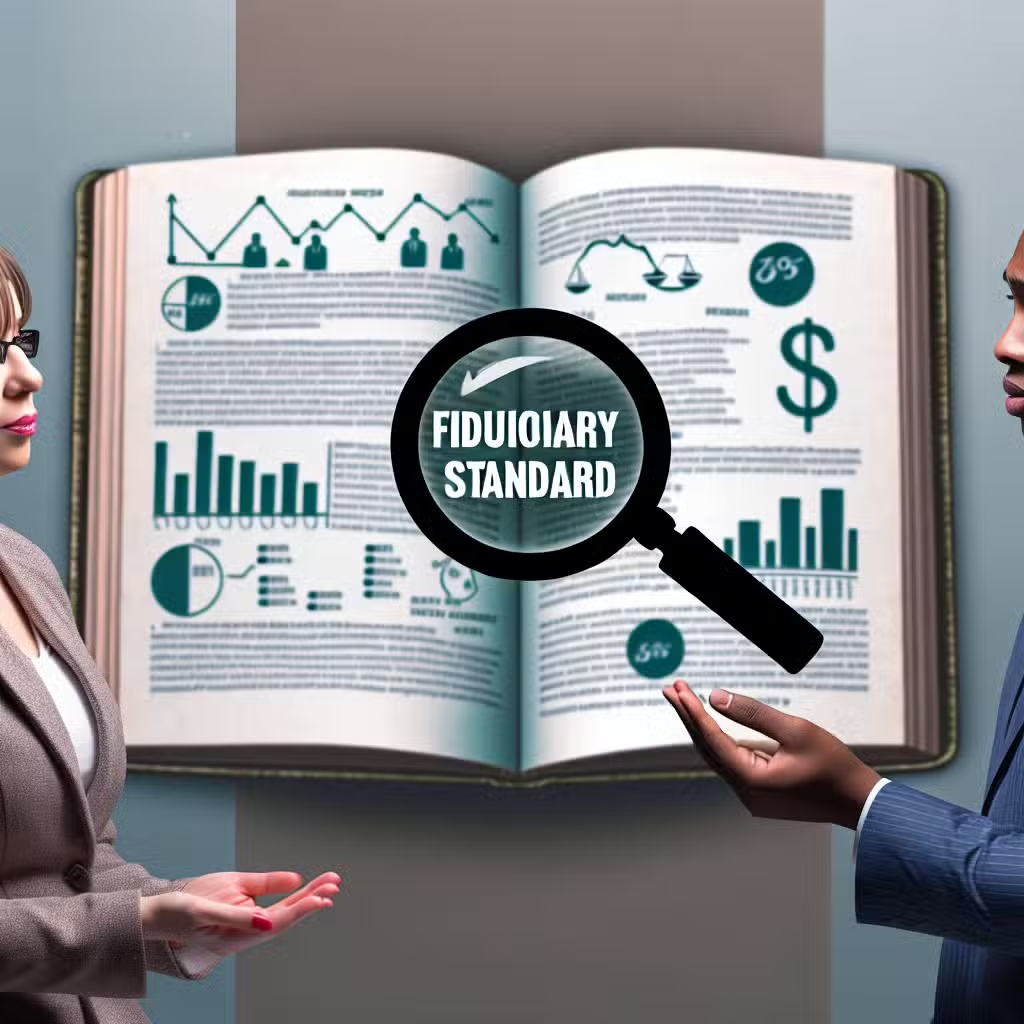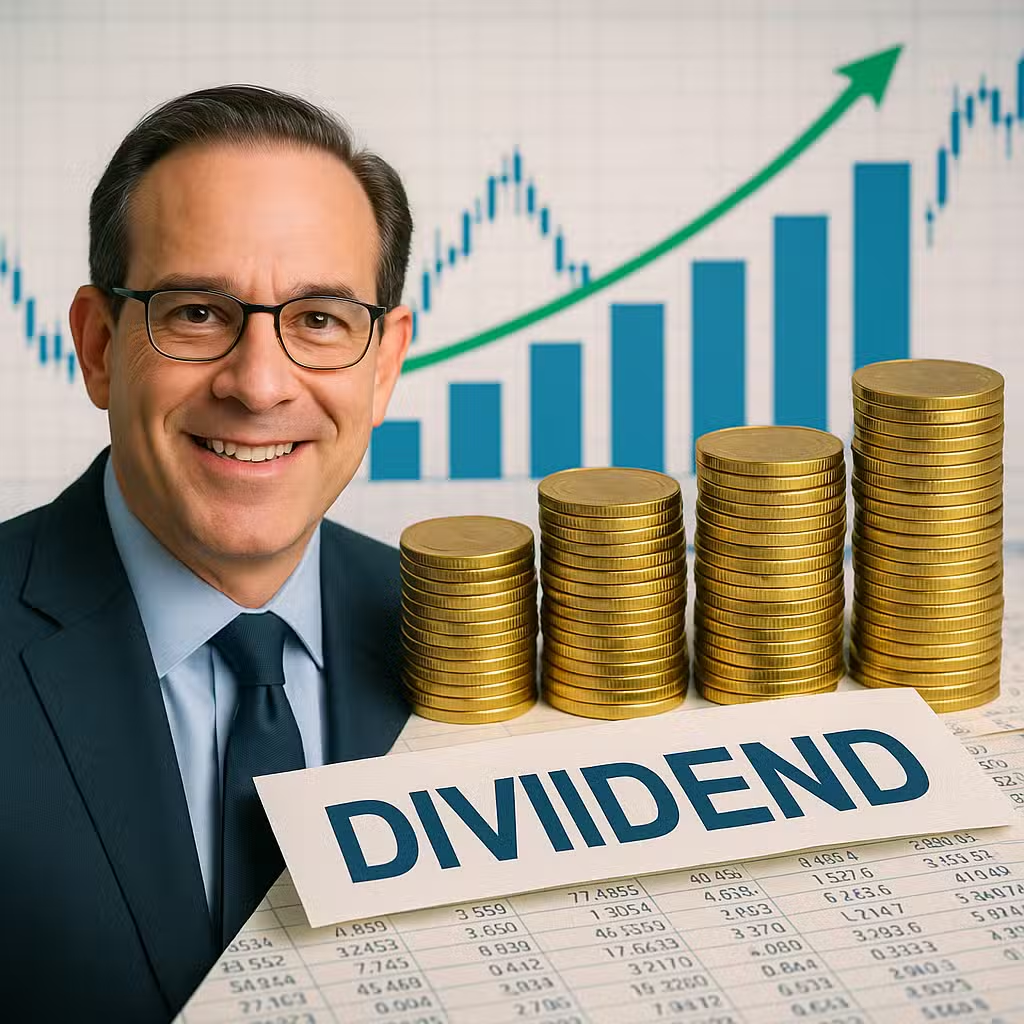Fiduciary Standard Offers Investors Clearer Guidance on Choosing Reliable Financial Advisors
Picking a financial advisor is a lot like choosing someone to watch your dog while you’re on vacation—you want to know they’ll do what’s best for your furry friend, not just what’s easy for them. When it comes to your money, it’s just as important to know who you can trust to give advice that truly benefits you.
Why Fiduciary Matters for Investors
For investors, knowing if your advisor is a fiduciary is a big deal. A fiduciary is someone who, by law, must put your interests first when giving financial advice or handling your money. Not all financial professionals have this duty—some only have to make “suitable” recommendations, which means their advice just has to be okay, not the absolute best for you.
This difference can really affect your portfolio. If your advisor isn’t a fiduciary, you might end up with expensive investments or products that help them earn more money but aren’t right for you. According to a 2015 White House study, conflicted financial advice costs Americans about $17 billion a year in retirement savings alone.
Bull Case: The Benefits of Fiduciary Advisors
- Alignment: Fiduciaries are legally required to act in your best interest, so you can feel confident their advice is meant for you, not for their own gain.
- Transparency: They must tell you about any conflicts of interest, including how they get paid and if they receive commissions.
- Lower Costs: Fiduciaries are less likely to push high-fee products, which can save you thousands over time.
- Trust: The word “fiduciary” comes from the Latin for “trust.” You know the advice is for your benefit, not driven by hidden sales goals.
Bear Case: The Challenges and Limitations
- Not All Are Fiduciaries: Many financial advisors do not have to follow the fiduciary standard at all times. Some only act as fiduciaries when giving specific advice.
- Conflicts Still Exist: Even fiduciaries can have conflicts, but the key is they must tell you about them and put your interests first.
- Potential for Bad Actors: Just because someone says they’re a fiduciary doesn’t mean they’re always trustworthy. It’s important to do your homework.
- Regulation Gaps: Attempts to require more advisors to act as fiduciaries have faced pushback and haven’t become law. It’s up to you to ask the right questions.
How to Find a Fiduciary Advisor
If you want to make sure your advisor is a fiduciary, here are a few steps you can take:
- Use the SEC’s Investment Adviser Public Disclosure site to look up an advisor’s Form ADV. This form shows how they are paid and if they are registered as a fiduciary.
- Check professional groups like the CFP Board or NAPFA for certified, fee-only fiduciary advisors.
- Ask directly: “Are you a fiduciary 100% of the time?” Get their answer in writing if possible.
- Make sure you understand how much you are paying, what you’re paying for, and if the advisor is delivering on their promises.
Remember, a fee-only advisor is paid only by you—not by commissions from selling products. This reduces the chance of biased advice.
Investor Takeaway
- Always ask if your advisor is a fiduciary and get the answer in writing.
- Check their background using official resources like the SEC’s database and professional organizations.
- Be clear on fees—know exactly how your advisor is paid and what services you get.
- Stay alert for red flags, like unclear answers or pressure to buy certain products.
- Remember, trust is earned. Even with a fiduciary, keep asking questions and make sure the advice you get truly matches your goals.
For the full original report, see CNBC







